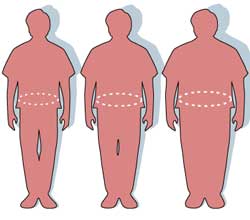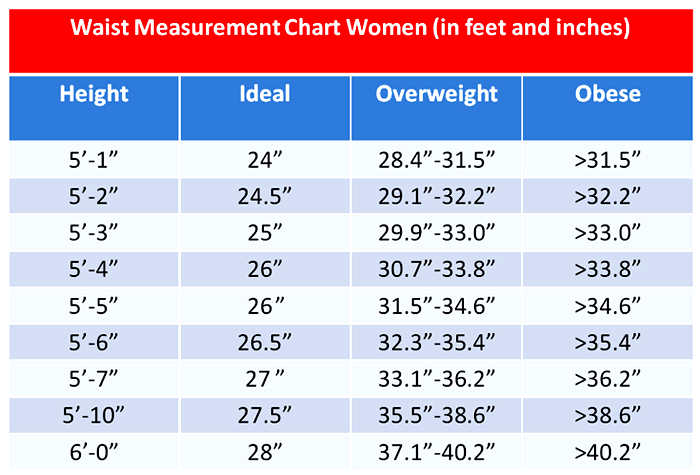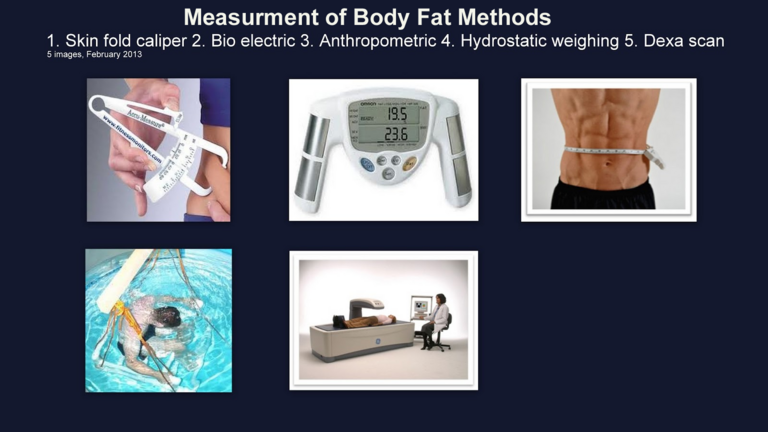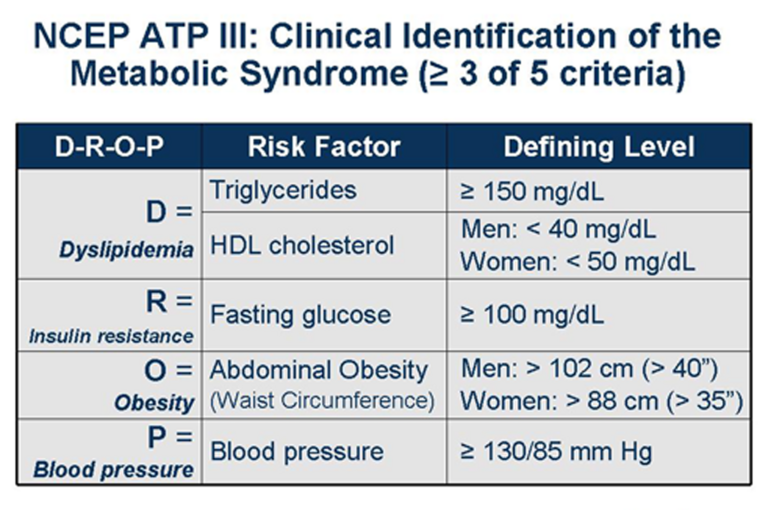The 100 Calorie Secret is Turning The Diet Industry Upside Down. A Weight Loss Doctor Finally Reveals the Secret of How to Lose Weight Without Dieting Ever Again Lose 10, 20, 30 and More Pounds Right Now!
Richard L. Lipman M.D.
7241 SW 63 Ave. Miami Fl 33143 305-670-3259
Endocrinology & Metabolic Disorders
Diplomate of American Board of Internal Medicine
Click here to add text.
Losing Weight For Cosmetic Reasons vs. Medical Reasons
When do you really need to lose weight? What are the best weight loss plans? To lose or not lose weight? It depends on whether it's for cosmetic reasons or for your health. I tell my patients every day that they know what they should weigh. Usually it's just about right. Rarely, do I see a patient who wants to weigh so little it is cannot be done. So you should weigh want you want. Just remember that losing weight is not so easy, especially those last 5 to 10 lbs., so do it, but don't get frustrated if your goals are a little unrealistic. Although outdated by more scientific measurements Ideal Weights based on frame size serves us a guideline:
Here is when you NEED TO LOSE WEIGHT:
It's not not only on you weight and height, but on how much of the fat is around your abdomen and if you have any other metabolic problems. Fat around and inside the abdomen causes serious problems.
Obesity or Overweight? The Differences
The first issue is the definition of obesity. Although I tell my patients that their best weight is the weight they feel comfortable with and the weight they can maintain without feeling anxious or deprived, everyone wants a number. We need to be careful here, because "ideal weight" based on fashion trends, celebrities' physical appearance, or an idealistic body image rarely reflects healthy weight. Here are the three steps to tell you if you are at risk and what you can do to lose weight even without exercise.
Your Body Mass Index:Overweight > 25, Obese 30 or >. The ratio of body weight to height is called the body mass index (BMI), and reflects the total fat as related to one's height. BMI indicates overweight between 25-29 and obese if 30 or more.
There are many ways to measure body fat. You can measure several areas of your body with skin calipers and enter them in an on line calculator or measure waist, weigh yourself under eater or by a Dexa Scan. Dr Lipman uses an Bio Electrical Method in his office.
Circumference of the waist relates your obesity to significant medical problems:
Waist Circumference: women more than 35" - Men more than 40"
This is the most definitive measurement to determine if the belly fat has produced obesity related medical problems because it relates the extra weight to body function. Excess food is stored in every increasing fat cell around and inside the abdomen. Its the fat cells inside of the belly that make new dangerous chemicals that go into the blood stream. Engorged fat cells can even make more fat cells.
Clumped together, the fat cells just below the skin of the abdomen-surrounding all of the vital organs-are no larger than a bar of soap, but are the cause of all obesity-related medical problems. Since measuring the inner fat is difficult and expensive, researchers use the circumference of the waist as a good proxy since it correlates with the critical amount of inner fat responsible for the development of all of the complications related to obesity.
This is the most definitive measurement to determine if the belly fat has produced obesity related medical problems because it relates the extra weight to body function. Excess food is stored in every increasing fat cell around and inside the abdomen. Its the fat cells inside of the belly that make new dangerous chemicals that go into the blood stream. Engorged fat cells can even make more fat cells.
Clumped together, the fat cells just below the skin of the abdomen-surrounding all of the vital organs-are no larger than a bar of soap, but are the cause of all obesity-related medical problems. Since measuring the inner fat is difficult and expensive, researchers use the circumference of the waist as a good proxy since it correlates with the critical amount of inner fat responsible for the development of all of the complications related to obesity.
Risk factors and heart disease:
The presence of risk factors related to heart disease must be considered when you are evaluating whether or not you need to lose weight. If you have three or more of the conditions listed below, you are at high risk for cardiac problems. Moreover, if you also have a high BMI or a large waist circumference, you are considered to have metabolic syndrome. Here is a March 2009 update on risk factors from the American Heart Association:
"Burn" the fat- reduce the problems:
The good news is that when one is losing weight, the fat deposited inside the abdomen is the first to be used and burned for fuel. However, the only way to start this process is by reducing the food intake or significantly increasing the amount of exercise (we are talking about daily hours of real working out in the gym) in order to create a calorie deficit. The decrease of just an inch or two in waist circumference corresponds to a relatively large reduction of fat in the abdomen, and consequently significantly reduces health complications caused by obesity. Of interest, if one were to try to remove the outer fat by liposuction there are not improvements in metabolic abnormalities,
proving its the fat inside the abdomen that causes all of the problems.
Metabolic Syndrome = 3/5 risk factors + high BMI or high waist circumference:
About 15 years ago, scientists from medical schools at several universities began to notice an unusual group of health problems occurring together: hypertension, high cholesterol, high fat content in the blood, diabetes, and an unusual collection of fat around the waist (instead of being equally distributed over the body). This cluster of medical problems is known today as metabolic syndrome.
25% of Americans have Metabolic Syndrome:
More than 25 percent of the U.S. population has metabolic syndrome. Some researchers believe that if obesity continues to increase with no significant improvements, 80 to 90 percent of us will suffer from Metabolic Syndrome by the year 2030.
First sign of Metabolic Syndrome can be a stroke or heart attack:
Very few complications of the Metabolic Syndrome can be detected before it becomes too late. The first is often a heart attack or a stroke; other individuals will find out during a routine health evaluation that they have developed diabetes or hypertension. Metabolic Syndrome is caused by genetic predisposition, environmental factors. too much food in and too little energy out.
Waist Circumference to
Lose Weight:
Women: 35" or more
Men: 40" or more
When Do You Really Need to Lose Weight ?
Waist Circumference
Critical Values:
Best Weight Loss Plan is one that you don't even know you're on. It should be quick, easy, and
something you can do forever. If you feel deprivation it is sure to fail. All traditional weight loss
plans are the same, so you need to make a few changes based on your personal likes and dislikes.








